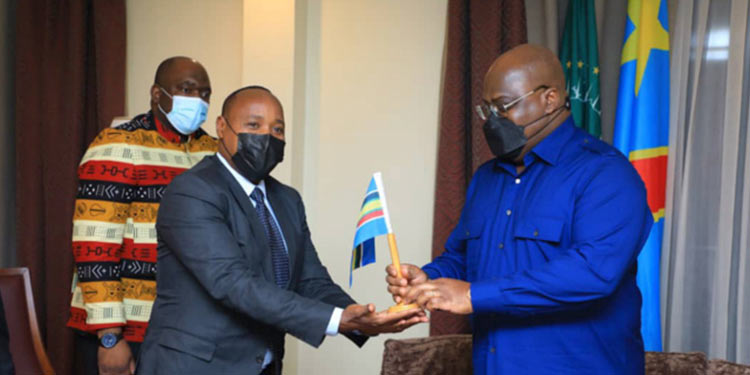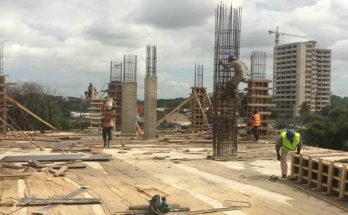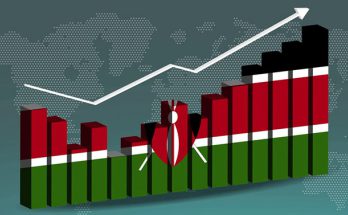
The Democratic Republic of Congo has become the EAC’s seventh member, dramatically extending the trading bloc’s area, providing it access to the Atlantic Ocean, and significantly boosting the number of French speakers in what began as a club of former British colonies.
The Democratic Republic of Congo joined the East African Community, raising its market size to a fourth of the continent’s population and giving it access to the Atlantic Ocean.
After heads of state consented to its proposal to join the USD 193.7 billion club, the mineral-rich country became the EAC’s seventh member. The 177 million-strong bloc’s single market allows for free movement of products, people, labour, services, and money between partner countries Burundi, Kenya, Rwanda, South Sudan, Tanzania, and Uganda.
‘We have more to gain by working together,’ Kenyan President and current EAC Chairman Uhuru Kenyatta said during a virtual summit that brought the community’s six existing members together. ‘In this globalised world, we are fully aware of the social and economic benefits that may be realised through a strong regional union.’
Congo, the largest country in Sub-Saharan Africa by landmass, will serve as a link between East African states along the Indian Ocean coast and the Atlantic Ocean, allowing for increasing intra-African commerce. Congo, with a population of almost 90 million people and a GDP of USD 54.8 billion, is the world’s largest cobalt producer and Africa’s top copper miner.
Felix Tshisekedi has been the president of Congo since 2019, when he took over from Joseph Kabila, who had been in office for over two decades, in the country’s first-ever peaceful transition of power. According to the International Monetary Fund, the central African nation’s GDP would increase 5.6 percent this year, down from 5.7 percent in 2021.
According to the lender, better-than-expected mining activity or higher commodity prices, which would enhance fiscal and external situations, might cause real growth to surpass the estimate this year.
According to a research by the United Nations Economic Commission for Africa, stronger and larger regional economic blocs like the EAC would assist progress the African Continental Free Trade Area, a continent-wide free trade area that went live in January this year.
‘The EAC now stretches from the Indian Ocean to the Atlantic Ocean, making the area more competitive and accessible to the bigger AfCFTA,’ said EAC Secretary General Peter Mathuki.



